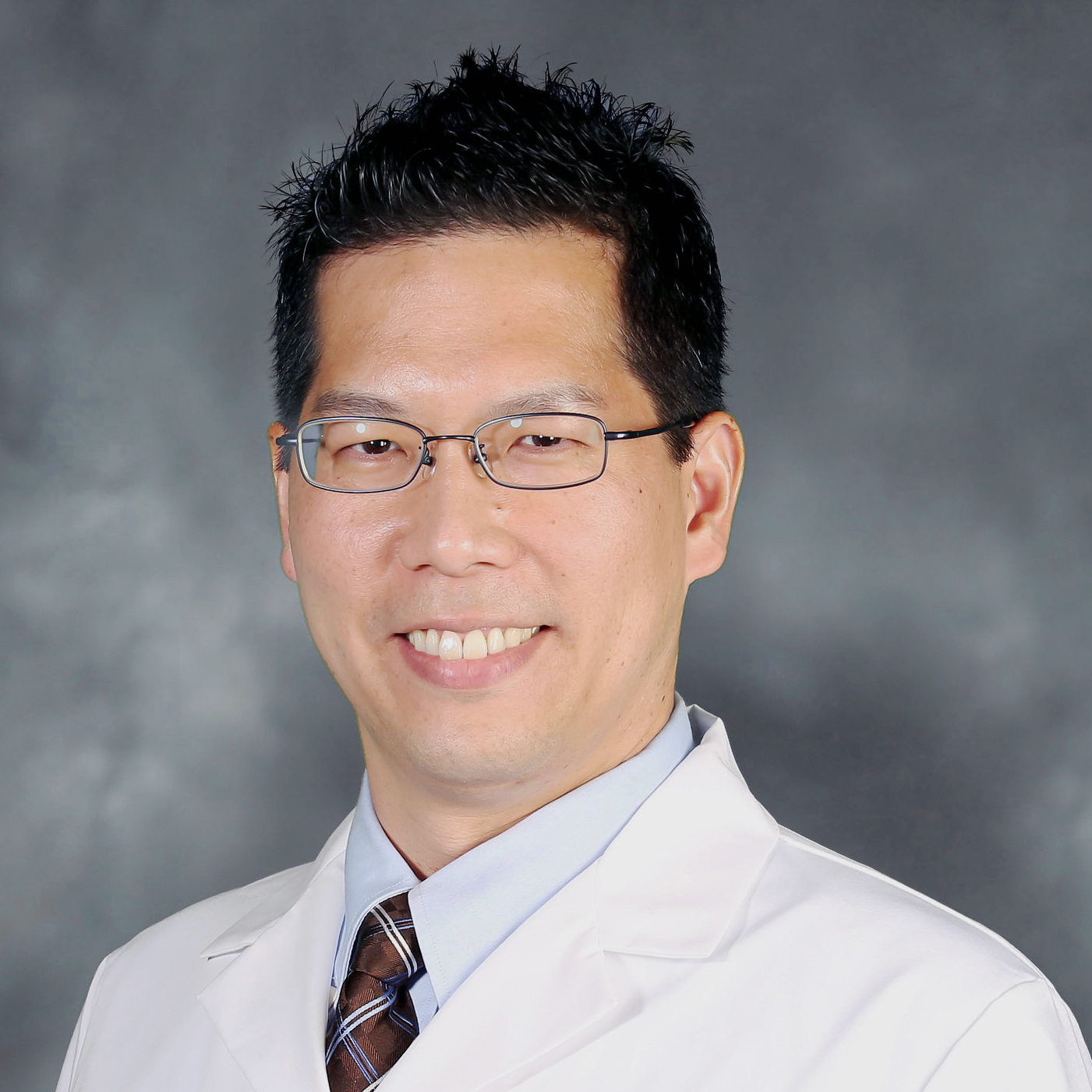SC CTSI Alum Brian Lee, MD Ph.D, is Awarded NIH K23 Career Development Grant to Continue Research into Brain-Computer Interface Technologies
Lee, a neurosurgeon, has been pioneering development of implantable devices to restore motor and sensory function for patients with paralysis and other neurological disorders.

Brian Lee, MD Ph.D., a neurosurgeon who recently completed a three-year mentored career development training program at the Southern California Clinical and Translational Science Institute (SC CTSI) has been awarded a new five-year NIH research grant to advance his research into human brain-computer interface technologies.
The NIH K23 grant will support Lee to direct and staff a lab to continue study of brain neurophysiology and advance development computer-based solutions to enable patients with paralysis and neurological disease to control external devices such as wheelchairs or even artificial limbs.
A stereotactic and functional neurosurgeon, Lee specializes in the treatment of patients with neurological brain disorders such as epilepsy, Parkinson's disease, and other movement disorders.
"To treat these diseases, we have to understand the brain signals and the underlying neurophysiology of the brain," said Lee.
Lee is Director of Stereotactic and Functional Neurosurgery, and Associate Director of the USC Neurorestoration Center, with dual appointments in the USC Departments of Neurological Surgery and Biomedical Engineering.
With that joint appointment in neurosurgery and biomedical engineering, Lee's research focus and background for the last 15 years has been in brain-computer interfaces.
"The idea behind brain-computer interfaces is that we can record signals from the brains of patients who are, for example, paraplegic or quadriplegic and can no longer move, and use the signals to control an external device such as a keyboard, a mouse, a wheelchair, or even a car."
Through his research, Lee aims to illuminate how brain signals are involved in movement and sensation, and to apply that knowledge to treat and restore function for people who, through disease or injury, have lost normal movement ability.
"As a neurosurgeon-scientist, I have a lab, but I also have a clinical practice, and my goal is to use my operating room to understand the underlying disease processes," said Lee. "I can use the findings from my brain-computer interface patients to develop new technologies—not just for brain-computer interfaces, but also for treatment of epilepsy, Parkinson's disease, and essential tremor, because these are all diseases related to brain signals."
Lee was previously awarded the NIH KL2 grant to advance his career as a principal investigator through the SC CTSI's Mentored Career Development training, a three-year program for health scientists and researchers.
The Mentored Career Development program seeks to help early-career clinical and translational researchers within the USC and Children's Hospital Los Angeles community to enhance and accelerate their transition to roles as principal investigators. The training covers advanced aspects of clinical and translational science, including study design and biostatistics. It even includes guidance on writing grant applications to the NIH and other providers of major research support—assistance that Lee says ultimately helped him win the new NIH grant. Other guidance focused on the increasingly important practice of team science in research—also of relevance to Lee's research, which brings together computer specialists, engineers, surgery and neuroscience.
Lee's brain-computer interface research includes the development of systems that can create artificial sensation for patients using robotic arms or similar devices. Such sensory feedback can help patients understand how tightly an artificial hand is squeezing a coffee cup, for example, and thus is an important part of enabling patients to successfully grasp objects or perform tasks.
"Now in our lab we're working to understand more about the technical problem of making better sensation," said Lee. "But the second question is to explore the practical limits of what patients can accomplish using artificial sensation."



